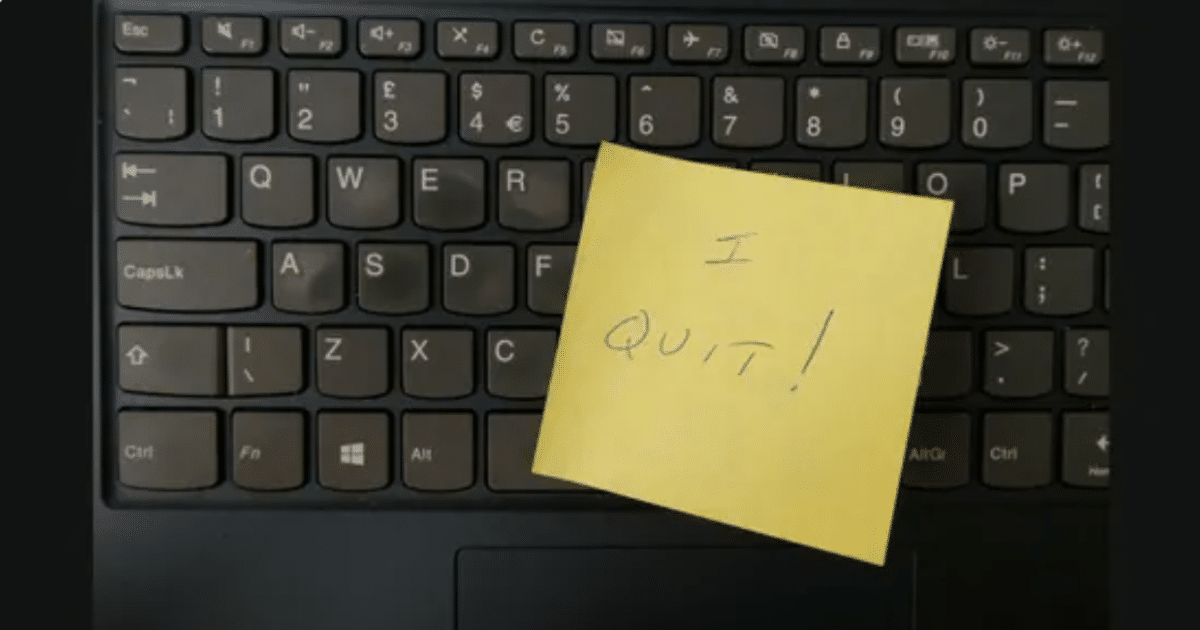5 Challenges Commercial Cleaning Services are Facing in NZ
As customer expectations increase and budgets tighten, competition in the cleaning industries in Auckland is multiplying. With around 2,000 cleaning companies in existence in Auckland- and more popping up every year, the rivalry is rife, and individual commercial cleaners employed on the contract can play a significant role in staying ahead.

There are few things worse than losing a cleaning services contract, one of them being that a contract is canceled through no fault of your own. The fiercely competitive environment means that novices are entering the market armed with research and the determination to succeed in their new ventures, while early adopters who have a wealth of experience are sometimes losing out because of finely nuanced value add-ons that are not part of their service offerings. A closer look at the general challenges in the cleaning industries in Auckland should prompt management and business owners to relook their blueprints to remain contenders for new contracts and renewals.
Labour: Staff Turnover Rates in Auckland that Affect Operations
Individual cleaners can make or break a contract. Preferences differ, but good and bad cleaners are often noticed by clients, and as amicable (or sometimes acrimonious) relationships often arise between cleaners and clients, their continued presence or their absence is noticed. While it may be simply as a result of resignation to get better pay, cleaners leaving take with them not only the day-to-day relationships they had and create a skills shortage but their training and recruitment costs are also lost.
Cleaners resign for various reasons- mainly for better pay, but statistics show that in the cleaning services industries in Auckland, around 25% resign every quarter. Cleaning services contracts at their core provide that cleaners will clean, and when this essential element goes missing, or unsuitable replacements or temps are hired in their place, the contract is immediately under threat.

Considering the high staff turnover rate, logic dictates that a similar number of cleaners are always available to take up new positions. But it’s not that simple. Finding a readily available database of suitable cleaners is challenging, but this is precisely the gap filled by CleaningNZ. A job board with close ties to a network of cleaners in Auckland, CleaningNZ opens the door to the right people with the right skills at the right time. A carefully curated advert will have replacements or temps- who regularly look for opportunities here, looking to be the next superstar.
New Technology & Innovative Practices in the Cleaning Industries in New Zealand
How can I improve my cleaning service business? In this fast-changing world, new technology is impacting the way cleaning operations are run. Whether it’s robotic elements, carbon laser cleaning machines, or new products and gadgets, traditional training doesn’t cover the ways to operate machinery or to get optimal use. Not all cleaners have these skills and it can be costly to implement training programs which sometimes is money down the drain as cleaners- having been trained may leave soon after training with new better paid skills.
To solve this, contracts can be put in place to contractually bind workers to post-training periods, but this often doesn’t work as unmotivated employees can create a host of problems. Financial early-leaving penalties are also difficult to enforce as the real cost of employing (and training) new staff is too high to make recovery viable. While both these strategies can be useful, employing cleaners with specific skills from day one is a less painful route. CleaningNZ is a niche site where specifics are exactly what cleaners looking for work are hoping to find, ensuring that a shortlist of candidates proficient in new technology in the cleaning industries can be funnelled into a candidate who is perfect for specific cleaning services contracts.
Quality Control in Cleaning Comes Down to People on Ground Level and Their Supervisors
Improving cleaning standards goes beyond simply meeting health and safety regulations. Quality control is critical in maintaining an advantage over competitors vying for the same contracts. Processes may seem cumbersome to put in place but they deliver big returns on time invested.
Ensuring that supervisors across the board implement the same standards, helps to develop the brand and offers a certain comfort to clients who ultimately automatically accept that high standards are maintained at a particular level. This is sometimes the edge that pushes a particular competitor for a cleaning services contract to the winning post.
Budgets
Everyone has a budget, and in the cleaning industries in Auckland, it can feel like these are forever shrinking where businesses and government institutions try to squeeze the most out of limited budgets. But careful analysis of the needs and wants of clients can reveal where changes can be made without reducing the profitability of a cleaning contract significantly.

Changes can include the inclusion of additional products. Compromises can be made if suppliers can be enticed into offering discounts, or alternative supply chains can be found. The cost of cleaners- often the highest cost, can be tailored by sourcing the right level of staff with the right expertise. Cleaners that are overqualified will be more expensive and do not necessarily add value to the contract. The right people are looking for jobs at CleaningNZ. Posting a job ad will give you a broader pool of cleaners to deploy on specific projects.
TAKEAWAYS: 5 challenges facing office and commercial cleaning services in New Zealand
- Competition is fierce: Maintaining the edge over rivals is key
- Labour: Staff turnover rates affect operations
- Budgets: Careful planning makes a significant difference
- New technology & innovative practices are playing an increasingly important role
- Quality Control can make or break a contract


